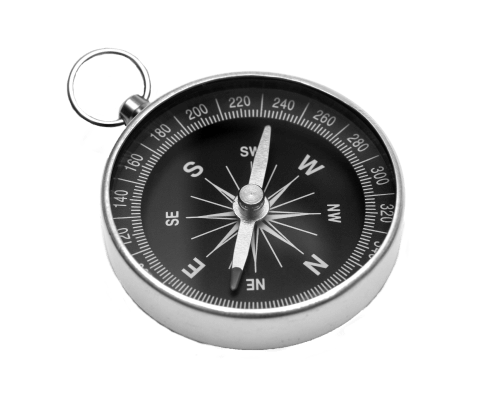How tax works on the sale of the assets of an LLP
March 11, 2024

As a financial adviser who is part of a limited liability partnership (LLP), you may be unsure about how tax rules work when it comes to exiting your partnership and selling your assets of the LLP.
LLPs work differently to limited companies when paying tax on profits. Each partner is responsible for paying tax on their share of the partnership’s profits – and the same is true when it comes to paying taxes when exiting a partnership.
As exit specialists, we can direct you towards professionals who can give you up-to-date and accurate information and guidance. However, for a general overview of the tax rules for the sale of assets of your LLP, read on.
Tax rules for LLPs are different to those applied to limited companies
LLPs do not pay Corporation Tax, instead, profits are split between partners and each partner is responsible for filling out a self-assessment and paying their own tax. Paying Capital Gains Tax (CGT) upon the disposal of assets of an LLP is similar.
As a partner, you are treated as owning a fractional interest in each of the assets of the partnership. When exiting a partnership and disposing of your share of the assets, you calculate your own chargeable gain on the assets you hold – and then pay CGT on this sum.
You can deduct the cost of assets and incidental expenses when calculating your chargeable gains
Normally, you can deduct your share of the acquisition costs of an asset, and any allowable incidental costs of the purchase, when you come to sell the asset.
These rules can vary depending on who you buy the asset from, who you eventually sell it to, and when you purchased it.
When you calculate your chargeable gain, you can normally deduct any incidental expenses such as legal fees.
For example, if you sell your interest in an LLP for £100,000 and incur £5,000 of legal costs in the process, you can deduct the £5,000 before calculating your chargeable gains.
Different rules apply when selling assets to another partner
If you dispose of your interest in the asset to another partner, “special rules” can treat the disposal proceeds as your share of the balance sheet value of the asset.
These special rules affect, among other things, the amount you should include for disposal proceeds and allowable costs.
The rules around the disposal of assets in an LLP can be complicated, and often depend on your individual circumstances. As such, it’s a good idea to speak to a tax adviser.

We're your
navigators!
Say 'elo
We’ve got our thinking caps on and we’re ready to mingle.
